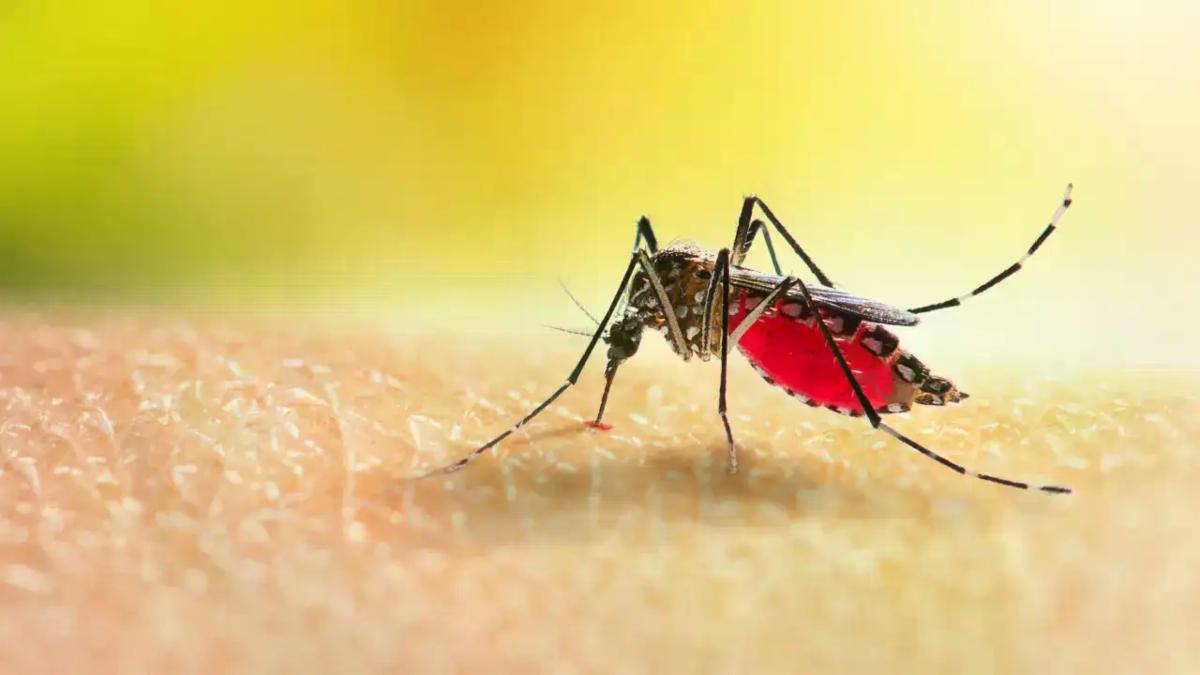Article Body
Dengue Cases in Sanath Nagar Trigger GHMC Emergency Response
The Greater Hyderabad Municipal Corporation (GHMC) sprang into action this week after two dengue cases were reported within Sanath Nagar’s SRT Colony, a residential hub near the city’s busy bus stand. Health officials, led by GHMC Additional Commissioner (Health) CN Raghu Prasad, launched an immediate inspection, interacting with the affected patients, and reinforced on-the-ground teams for fever surveys and anti-larval operations.
Health Officials Visit and Orders for Intensive Action
On Saturday, GHMC officials, including representatives from the health and malaria departments, surveyed SRT Colony and neighboring areas. CN Raghu Prasad instructed medical officers to conduct dengue-specific diagnostic tests on all individuals displaying fever or other symptoms.
“anti-larva operations should be intensified in slums, schools, and hostels. Residents should ensure that rainwater does not stagnate around homes,” said Raghu Prasad during the press walkthrough, emphasizing the urgency for public cooperation.
Other team members included Health Joint Commissioner Shankar and Assistant Medical Officer Chandra Shekhar Reddy. Officials verified local conditions and oversaw the use of larvicides, fogging equipment, and door-to-door fever mapping.
Citywide Response: Beyond Sanath Nagar
The municipal response aligns with a state-wide spike in dengue cases across Telangana this monsoon, with approximately 40% of new cases being reported from Hyderabad and surrounding areas. A review meeting chaired by GHMC Commissioner R V Karnan one week prior had mandated the expansion of anti-larval drives, especially in neighborhoods with stagnant water or prior dengue incidents.
GHMC teams ramped up efforts not only in SRT Colony but also in other vulnerable zones. Officials were directed to:
-
Conduct anti-larva operations in schools, government hostels, and slum clusters;
-
Carry out regular fogging in public institutions;
-
Launch fever and mosquito surveys in at-risk colonies;
-
Collect and utilize dengue data from public and private hospitals to enable real-time containment.
What Residents Need to Know
Health authorities stressed that dengue is primarily spread by the Aedes Aegypti mosquito, which thrives in stagnant water. Residents have been urged to:
-
Empty, clean, and cover all water storage containers weekly;
-
Eliminate standing water in and around homes;
-
Immediately report any fever symptoms to local health officials for ELISA testing—a gold-standard diagnostic requested by the GHMC.
Current Situation in Numbers
As of July 26, the city’s vector control teams had completed fever screenings in over 4,800 colonies, and GHMC confirmed the deployment of hundreds of staffers for anti-larval drives. Road safety and water-logging repair have also been accelerated amid ongoing rainfall.
Official Statements
“We are proactively visiting every vulnerable spot. The public must do their part to ensure their homes and communities remain mosquito-free,” stated a GHMC spokesperson during a morning press briefing.
Conclusion
With GHMC on high alert and anti-larva operations in full swing, the city’s immediate challenge remains community compliance. As monsoon downpours continue, officials warn that diligence from every household will be crucial to curbing the dengue threat in Sanath Nagar and beyond.
For dengue symptoms and prevention guidelines, visit the Ministry of Health and Family Welfare or Wikipedia: Dengue fever.


Comments